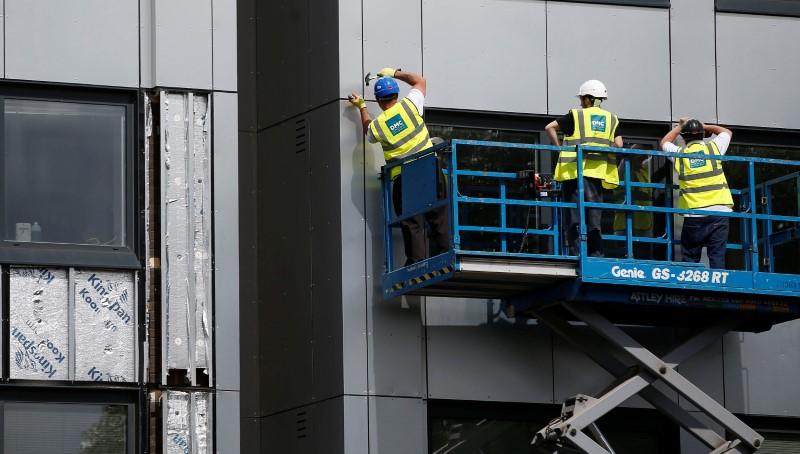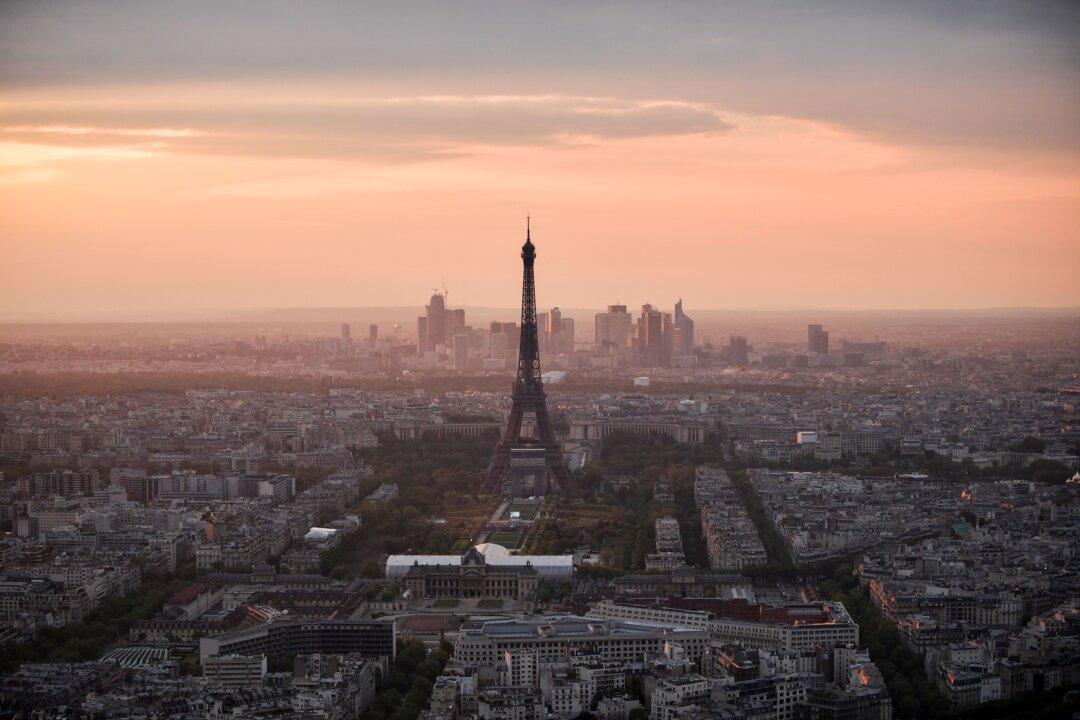Housing Secretary Michael Gove has threatened “severe consequences” if the companies responsible for producing the flammable cladding and insulation panels involved in the Grenfell Tower fire do not come up with a financial support package.
The fire in the West London suburb of North Kensington in June, 2017 killed 72 people.





